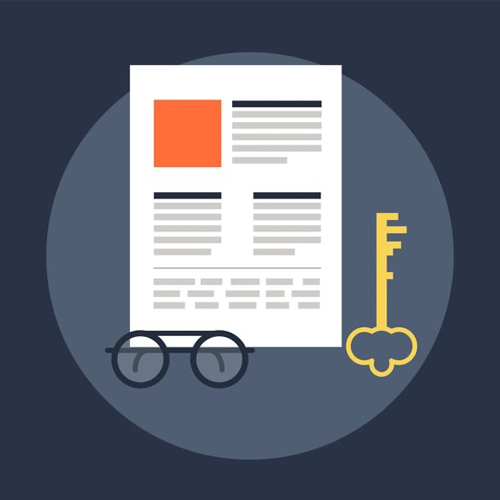Leash, H. E. (2017). The Effects of Culture and Trauma on Native American Adults’ MMPI-2 Profiles (Doctoral dissertation, Alliant International University).
Abstract
The Minnesota Multiphasic Personality Inventory (MMPI) is the most routinely applied standardized personality assessment amongst the Native American population. Researchers have raised concerns regarding whether it is appropriate to use standardized assessment instruments such as the MMPI with a population that was so underrepresented in the normative sample. In addition, there are concerns regarding the potential influence of culture and level of acculturation. While literature assessing the reliability of the MMPI with the Native American population is extremely limited, results of several key studies have demonstrated differences between Native American and non-native groups on scales L, F, 1, 4, 5, 6, 7, 8, and 9 of the MMPI. It is not entirely known whether these differences are due to accurate measurement of group differences in psychopathology, or alternatively, whether they represent other differences between the two groups. The purpose of this study was to explore the trauma-relevant and culture-relevant causes of the MMPI scale elevations noted in the Native American populations.
This study had two groups of participants, all of whom identified as members of federally recognized tribes. Group A included 40 participants and Group B included 100 participants. Participants in group A completed a demographics questionnaire and assessed the MMPI-2 for cultural bias. Participants in group B completed the demographics questionnaire, question 1-370 of the MMPI-2, the Historical Loss Scale, the Stressful Life Events Questionnaire, and the PTSD Checklist. Results showed that participants in the Native American sample scored significantly higher on MMPI-2 clinical Scales 1, 4, 5, 6, 7, 8, and 9 when compared to the MMPI-2 normative sample. Native American participants identified the highest bias in Scales 4, 6, and 8. Results from a series of single sample t-tests indicated that participants with low trauma exposure differed less from the published MMPI-2 norms than the subgroup of participants with high trauma exposure. Individuals with high levels of trauma were particularly impacted on scales 1, 4, 5, 6, and 8. Overall, participants scored significantly higher on scales F, 1, 4, 5, 6, 7, 8, and 9, which is comparable to previous research. In addition, participants’ MMPI-2 profiles were affected by experiencing interpersonal traumatic events and historical trauma. Results of the culture and trauma analyses emphasize the importance of considering Native Americans’cultural differences as well as the effects of current interpersonal trauma and historical loss when assessing MMPI-2 results.

